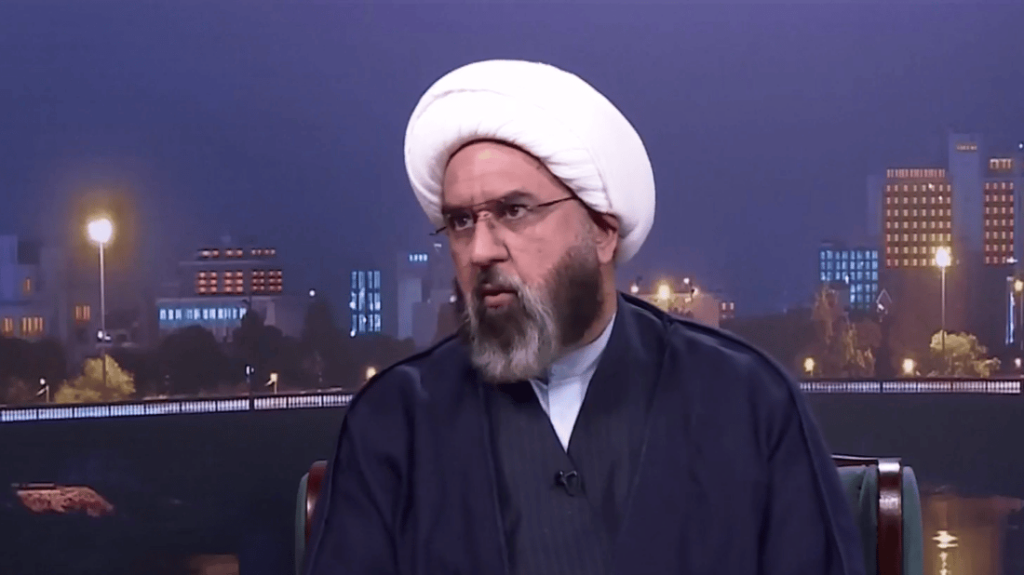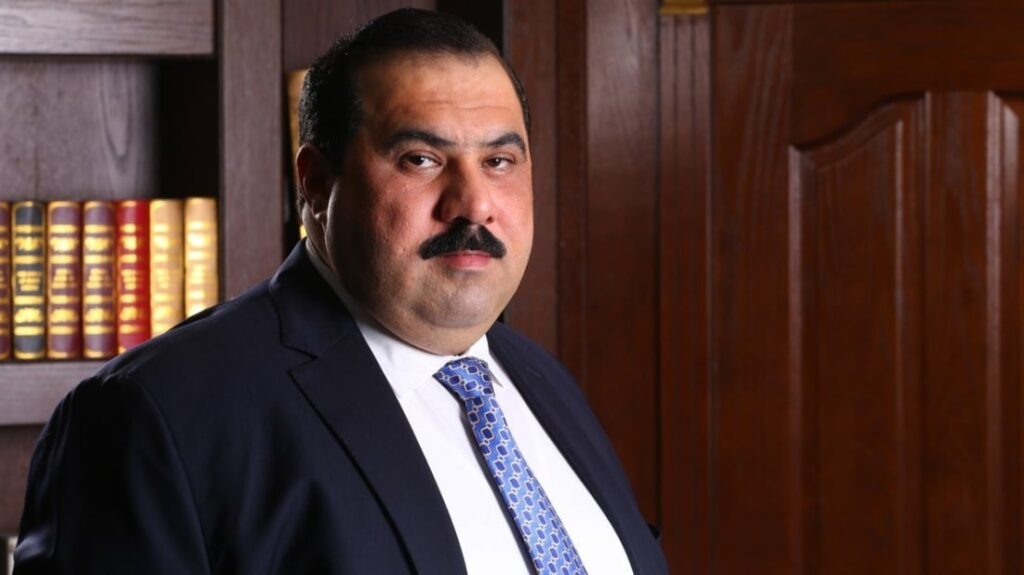To appease 'Israel', US asks Iraq, Turkey to resume Kurdistan oil flow

The United States asks Baghdad and Ankara to defy an arbitration ruling by a Paris court to halt Kurdistan Region's oil exports to Turkey that are unapproved by Iraq.
-
Flames out of pipe stocks in an oil field in Kirkuk (Reuters)
The United States called on Iraq and Turkey to restart the flow of oil from Iraqi Kurdistan's region to Turkey through the Iraq-Turkey pipeline.
Earlier this week, exports of nearly 450,000 barrels per day to Turkey have been stopped due to a ruling by a Paris court of arbitration that Ankara violated a bilateral treaty with Baghdad by allowing Iraqi Kurdistan to launch independent oil exports in 2014.
Following the flow halt, oil companies in Kurdistan Region have either stopped production or decreased it and transferred the extracted oil into storage units.
“We have urged the governments of Turkey and Iraq to resume the flow of oil through the Iraq-Turkey pipeline,” a US State Department official told Rudaw news outlet on Friday.
Read more: US backing bipartisan severe corruption in Iraqi Kurdistan region: FP
“Disruptions to the global energy supply would not serve anyone's interest,” the State Department official continued.
The Iraqi Kurdistan Region owes some $6 billion to oil firms, according to Reuters.
Despite the tensions arising from the oil stoppage, talks between Iraq and Erbil seem to be on the way to offer a way out.
“Our recent understandings with Baghdad have laid the groundwork for us to overcome the arbitration ruling today,” Kurdistan Region Prime Minister Masrour Barzani tweeted following the court's decision.
Read more: US subtly warns Iraq after ban on Iraqi Kurdistan oil, gas exports
The United States played a key role in mediating between Baghdad and Kurdistan region toward reaching a resolution, said Matthew Zais, vice president of HKN Energy, an oil and gas firm that operates in the autonomous region.
“I think that the US is going to have to take a firm stand on a resolution that does two things for the industry. One is that [it] preserves contract sanctity and the second is surety of payment. We have contracts and we’ve been operating in the Kurdistan Region for 15 years and so any solution beyond the current impasse has got to protect both of those things,” Zais told Rudaw on Thursday.
Earlier this week, former US National Security Advisor John Bolton expressed the US' interest to establish an independent Iraqi Kurdistan - not under Iraqi governance.
“I think an independent Kurdistan is in the interest of the United States. It’s hard to define exactly what its boundaries would be. But I think the state of Iraq has failed. I think certainly Kurdish territories in Iraq could be the basis of a new independent country," he told Rudaw.
US creates its mega oil exporter
The Bush administration started supporting the Kurdistan Democratic Party (KDP) led by Masoud Barzani, the Patriotic Union of Kurdistan (PUK), and the Supreme Council for the Islamic Revolution in Iraq (SCIRI) immediately upon invading Iraq.
The Kurdish parties inserted Article 140 into the new Iraqi constitution in 2005 to annex Kirkuk - home to massive oil reserves and so-called disputed territories, including Sinjar. The effort failed two years later, but when ISIS invaded Mosul, the Kurds got a second chance at trying.
As soon as the Iraqi army withdrew, the Kurdish Peshmerga forces tried to take Kirkuk, which increased their oil reserves from 4 billion to 13 billion barrels and helped them obtain the intrinsic base needed for Kurdistan to become an "independent state".
Read more: Iraq's oil export revenues hit 50-year high
Shortly afterward, Peshmerga forces withdrew from Sinjar and the Nineveh Plain, which gave space for ISIS to invade and thus massacre thousands of Yazidis in Sinjar and capture thousands of women and girls as sex slaves.
Masoud Barzani then declared that “Article 140 has been applied. The borders are drawn with blood!”
French academic and Iraq expert Pierre-Jean Luizard sees the Kurdish annexation as non-accidental, saying Kurdish leader Masoud Barzani made a pact with ISIS to divide the territory.
The oil in Kirkuk immediately started being sold to Turkey to then be transferred to Israeli buyers to export to "Israel". By the time 2015 rolled around, Kurdish oil accounted for 77% of "Israel’s" oil imports.
Here's where the US actively comes in. A referendum for the independence of Kurdistan was announced in 2017 by Barzani, which Bolton showed strong support for and which Israeli PM Benjamin Netanyahu directly supported in turn.




